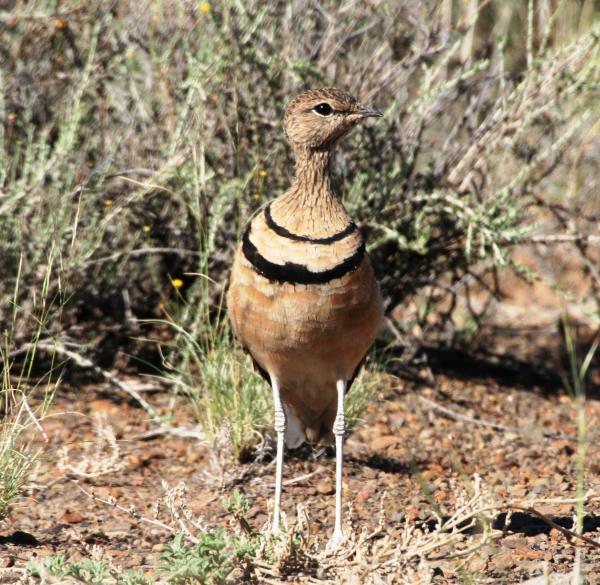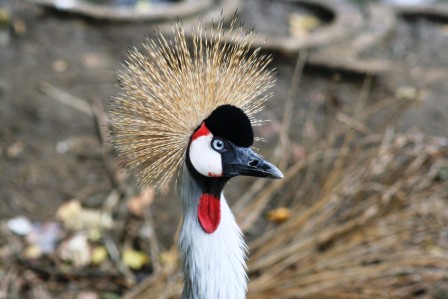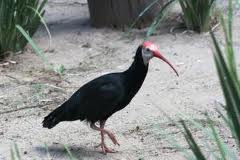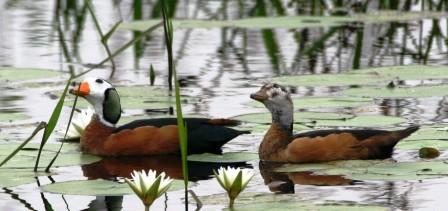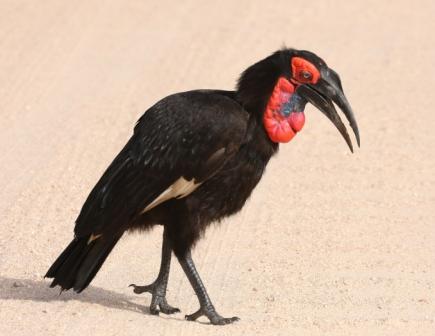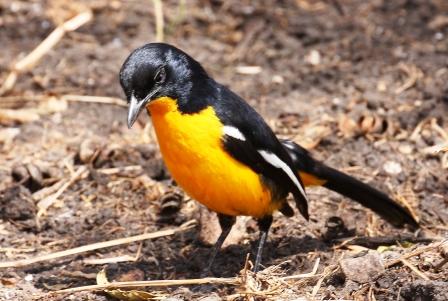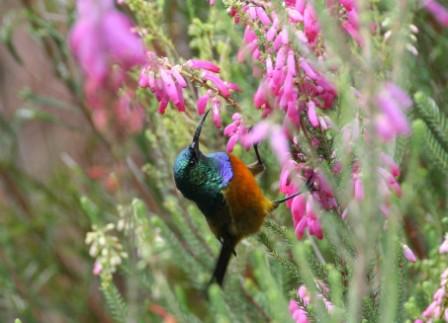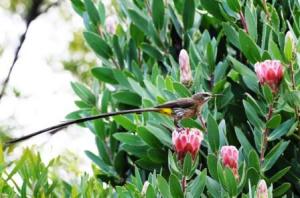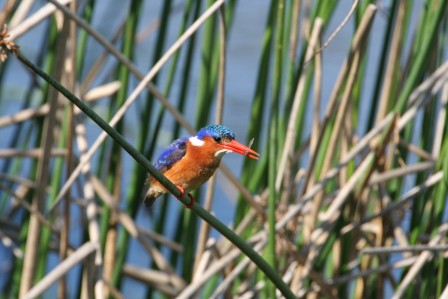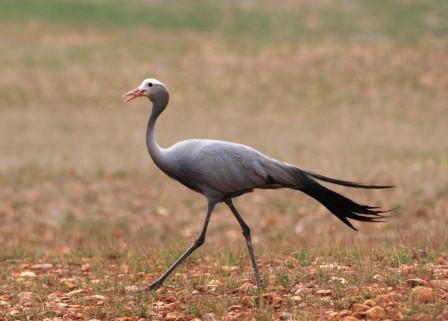|
|
JOIN OUR MAILING LIST |
|
Newsletter / Blog 2012-01-25 What bird recorded the highest flight? The Rüppell's Vulture - Gyps rueppellii - has been recorded at a height of 11,274 metres, or 7 miles. The birds have a special protein in their blood that causes it to be extremely efficient at transferring oxygen to their muscles. It is a large vulture that occurs throughout the Sahel region of central Africa. They are found in the more arid and mountainous areas of Africa and roost on inaccessible rock ledges if these are available, or in trees, usually Acacia. Description They are mottled brown or black overall with a whitish-brown underbelly and thin, dirty-white fluff covering the head and neck. The base of the neck has a white collar, the eye is yellow or amber, the crop patch deep chocolate-brown. They have an especially powerful bill and the male and female are alike. Call Silent as a rule, they become vocal at the nest with loud, harsh calls and when at a carcass, squealing a great deal. Food They are carnivorous birds that eat carrion and in certain cases fresh meat. After the most attractive soft parts of a carcass have been consumed, they will continue with the hide, and even the bones, gorging themselves until they can barely fly. These vultures can fill their crop with more than 3 pounds of meat in four to five minutes. They have backward-facing spines on the tongue to help remove meat from bone. They have been known to take live prey on occasion, but this is rare. Breeding These vultures pair up for life, which may be forty or fifty years. Courting behavior consists of pairs circling close together near the cliffs. The pairs perch together for long periods of time and colonies of up to 1, 000 breeding pairs are formed. They make large nests of sticks lined with grass and leaves. The females will often steal the sticks from other nests and the males arrange them. Depending upon its location, the site may be used year after year or never again. Both parents share in incubating, brooding and feeding the chicks. Just a single egg is laid each year and the youngster is only just gaining independence when the next breeding cycle begins. Incubation period is 55 days and fledging is 12 weeks. Conservation Status – Near threatened The current population of below 30,000 is in decline due to ongoing loss of habitat and other pressures. Birdwatching Ask Aves Birding Tours to create a Custom Tour for you to see these striking vultures.
|
| Back | Back to top |
 |  | Cape Town Tourism  |
|||||||||||||

